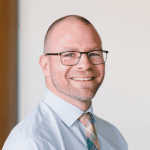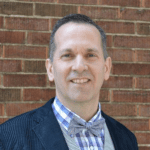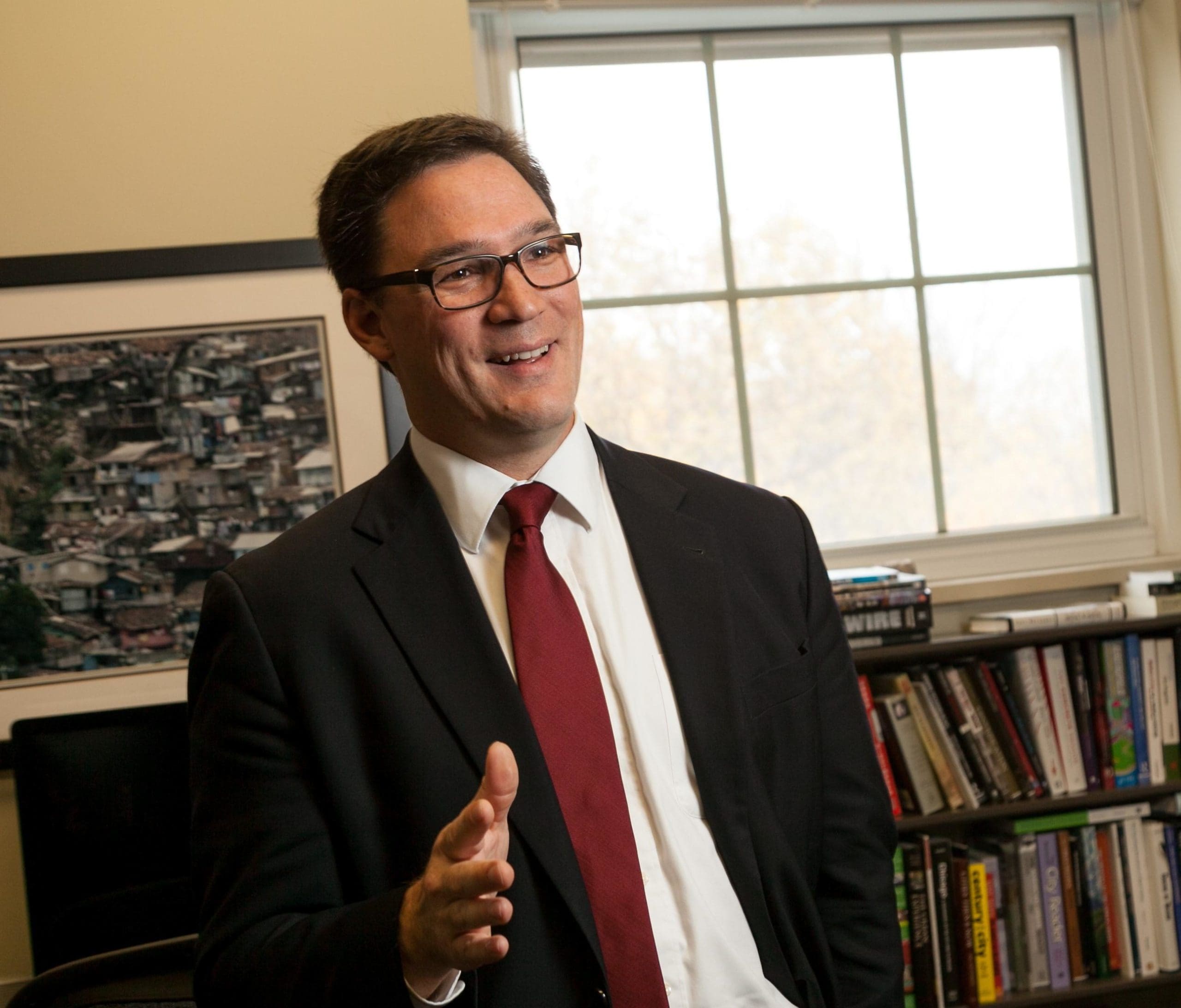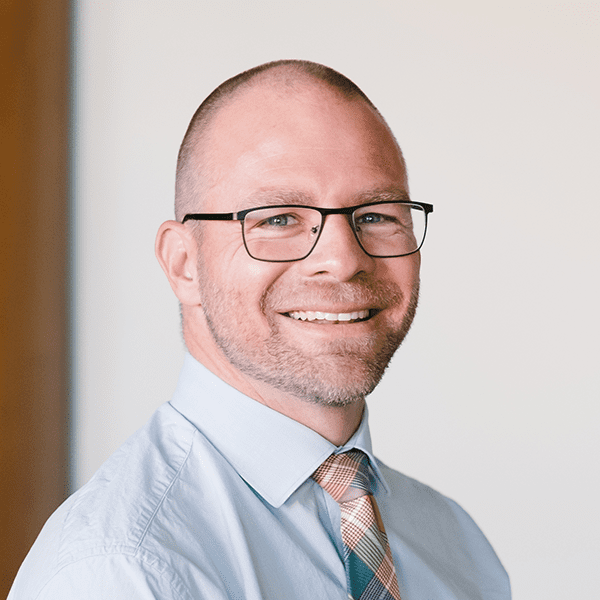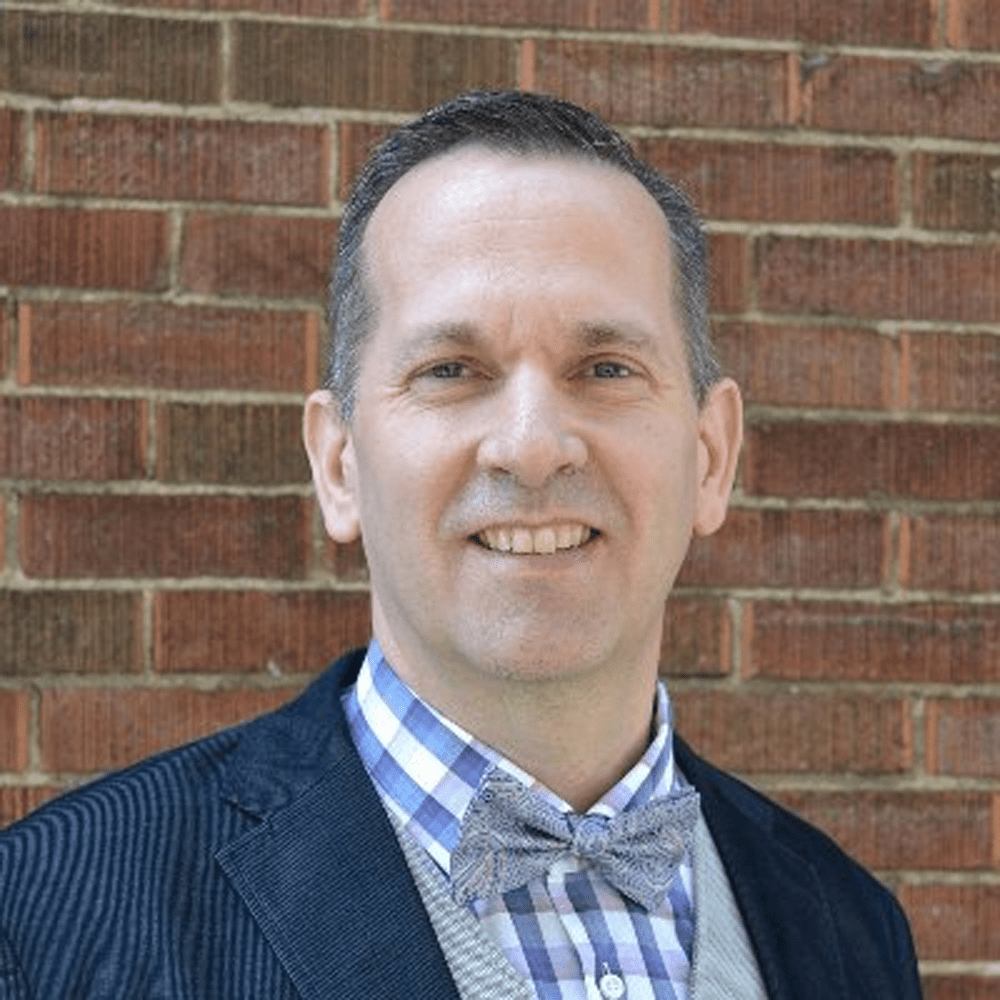In part I of Brian Dijkema’s conversation with Milton Friesen and Noah Toly, they discussed the façades and “backstages” of cities, the dynamic interplay between formal, top-down city planning and informal, organic community that bubbles up from those without formal power. In this second part of their conversation, they turn to consider questions of access, authority, and the “soul” of the city.
Noah: I think there is one other thing we need to remember, and that is that certain kinds of authority and power are embedded in the relationship between informal relational infrastructures and formal relational infrastructure. You can have all sorts of effective, even if sometimes informal, authority in these relational infrastructures.
To a certain extent that’s good; that creates all sorts of opportunity. But we do need to remember that providing access to formal authority, to the formal mechanisms of power that have been legitimated by and for the public, is important. Excluding large segments of the population from those relations of formal authority is problematic and can result in all sorts of distress and vulnerability in those communities.
In other words, while it’s true we should remember that we’re not ever beyond informal relational infrastructures, we also need to remember that while those structures can do all sorts of good, we need to integrate those populations that are relying heavily or only on informality into other kinds of relational infrastructure that have more formal authority.
Brian: Sounds like a page out of the Kuyperian textbook—on the importance of differentiated authorities. A few years back in Comment, David Koyzis noted the difference between cities as political communities and cities as a locus of a wide variety of different communities. And you’re making an argument for the good of the political community of cities. We do need that formal political authority; but to not have access to that authority, or to be outside of it, can be a means to injustice.
Noah: Right. Mapping the relationship between different kinds of effective authority, whether formal or informal, whether state or nonstate, is an important part of this work, and I’m not sure we’re doing enough of it.
Milton: One of the limits of informal development is that it has difficulty moving a certain notch or two above the individual. It does have a certain coordination, but a limited one. You can see this when you look at favelas in Brazil and you compare them with the more formalized or wealthy areas. The physical landscape is different owing to different kinds of organizing and resource levels.
Brian: Right, it’s easy to drain the water off of your roof, but harder to drain it from your neighbourhood without a bit more formal coordination.
Milton: Yes. There’s no ability to move beyond that initial act. Why? Because to do so requires more coordination, more resources, more social collaboration at a higher level. The hazard is that sometimes we look at these informal spaces and think they’re either unsophisticated or there’s not a lot going on. But that’s not true; it’s often very intricate. People have managed to find their way amid great scarcity, and there is something of value in that, and that value needs to be respected and accounted for as you expand the circles of coordination and collaboration. We don’t often do that well.
Brian: I’m going to change gears here for a minute. Milton leads a project called City Soul. We’ve used that as a tagline because it sounds clever but also because the culture of cities is increasingly a unique locus of meaning. I think of Chicago, the city with the soul of a machine. People in Hamilton think we have a gritty, working-class soul. Many people think Washington, DC, is a place without a soul. But to say this is to make the claim that cities love different things in different ways as a community. Yet, as hokey as this sounds, you do get a sense, a vibe, or a feel for what a city loves—what it takes pride in, how it talks about itself. I know there are dangers and limits to the way you talk about that, but there also seems to be something real about it. Talk to me a little bit about that.
Noah: I suppose it resonates a bit with Augustine, who said that Rome, as a city, loved glory in an inordinate way, and I think that’s true. I agree that communities can have certain sorts of shared loves and that those can be more or less well ordered. I think that is an important thing for us to remember.
Milton: City Soul is just a reflection of the fact that humans, wherever they are, continuously seek meaning, purpose, and belonging. And since a lot of us are in cities, it’s important to recognize that cities as human communities need to make sense of what is going on around them. We don’t seek meaning and purpose in isolation even though our individualistic culture tells us we do.
I think we have sometimes generalized cities with mechanistic language. Cities are large, impersonal machines. Noah’s critique of the moniker of Chicago as “the City of Big Data” gets at this. Drive through any city, spend any time in a particular neighbourhood, and you’ll discover that there’s more diversity there than what appears on the big data reports.
Take New York for instance. Nobody experiences New York City fully; you can’t. Any single person, if I would follow them on a map and measure who they know, watch where they go, watch what they do, what you would encounter are only small little bits of the city that is New York. Each city has different layers and dimensions, and our data doesn’t actually get that. And certainly nobody gets to experience it fully.
The trouble with our current “maps” is that they are too limited. Current city cartographers might want to begin to make maps that account for this diversity. But there’s a temptation even there to certain perversions of thought that make us feel like we’re more in control. Make us feel like we’re actually putting our arms around the whole thing; and back to my earlier comments about who controls all this, a significant amount of that is an illusion. There is a lot of that we don’t directly control.
Noah: This issue of how we represent the humanity or soul of the city is an old one. We have always struggled to represent that well. We need to do it better, but that would mean doing it in a way that doesn’t overlook or elide the diversity of our cities. The geographer Doreen Massey warns us away from a “synechdochal” representation of the city—one that lets one part stand in for the whole—and with good reason. But the plurality of ways of life in the city is just not something that we’re getting at very well.
Milton: I think novelists, writers, and artists do better at that.
Noah: Yes exactly. Which is why I always assign fiction in my courses, like Colum McCann’s Let the Great World Spin or Teju Cole’s Open City. Of course, I assign a lot of social science and policy work too, but there are times when I can’t find a text that can get at that really well . . . except maybe ethnographies of certain areas. Katie Day’s Faith on the Avenue, about religious institutions on Philadelphia’s Germantown Avenue, and Gordon Mathews’s Ghetto at the Center of the World: Chungking Mansions, Hong Kong, about one building in Hong Kong—a building in which over one hundred languages are spoken—are terrific examples. Novelists and ethnographers are helping us understand these things.
Much of this comes back to the big question of whether there is something that cities themselves ought to be about. I think that our human communities and especially our densely settled cities are uniquely positioned to do as communities what we often lean on technology to do.
I’m talking here about the genuine human solidarity you mentioned, Brian, in the quote that began this interview. We have lots of different ways to try to integrate goods for ourselves. We have lots of different ways to try to accumulate wealth or enhance our well-being, but a lot of our opportunities to do so involve tragic choices in which one good has to be traded off against another. We usually use technology to try to manage these trade-offs, or we use the market and its logic of efficiency to try to minimize them. Both of these can be helpful, but one of the other ways to alleviate the outcomes of these trade-offs is through solidarity and community. Cities put us in such densely populated areas, with so many relationships to one another—what urbanists call “propinquity”—that they give us a unique ability to integrate the interest of others into the pursuit of our own agendas. This approach to urban life is one that we need to foster.
